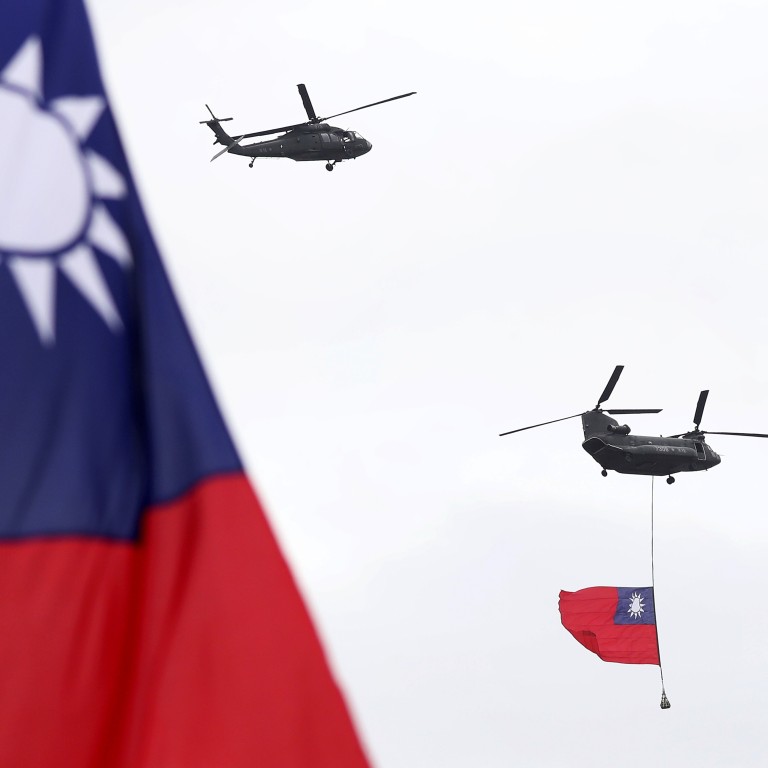
US urged to strengthen military and economic ties with Taiwan by a prominent think tank
- Centre for Strategic and International Studies contends that distrust of China across the US political spectrum will make policy advances easier
- If Joe Biden becomes president, his administration’s support for Taiwan could wane while seeking Beijing’s cooperation on other priorities, analysts said
The next US administration should strengthen military and economic ties with Taiwan and raise the cost of any Chinese invasion even as it presses Taipei to bolster its own security, according to a blueprint on Taiwan policy released Wednesday by a prominent Washington think tank.
Spurred in part by Beijing’s heavy-handedness, there is rare agreement across the US political spectrum about distrusting China and supporting Taiwan, which should make policy advances easier, the report by the Centre for Strategic and International Studies contends.
“China imposed national security legislation on Hong Kong, denying its people of the freedoms that they were guaranteed,” said Bonnie Glaser, director of the China Power Project at CSIS and an author of the report, “Toward a Stronger US-Taiwan Relationship”.
“And there‘s growing concern that Taiwan could be Beijing’s next target.”
As the US presidential election nears – Election Day is November 3, and early voting has already begun in many states – rumours have swirled in China policy circles that President Donald Trump or Secretary of State Mike Pompeo could make an “October surprise” visit to Taiwan.
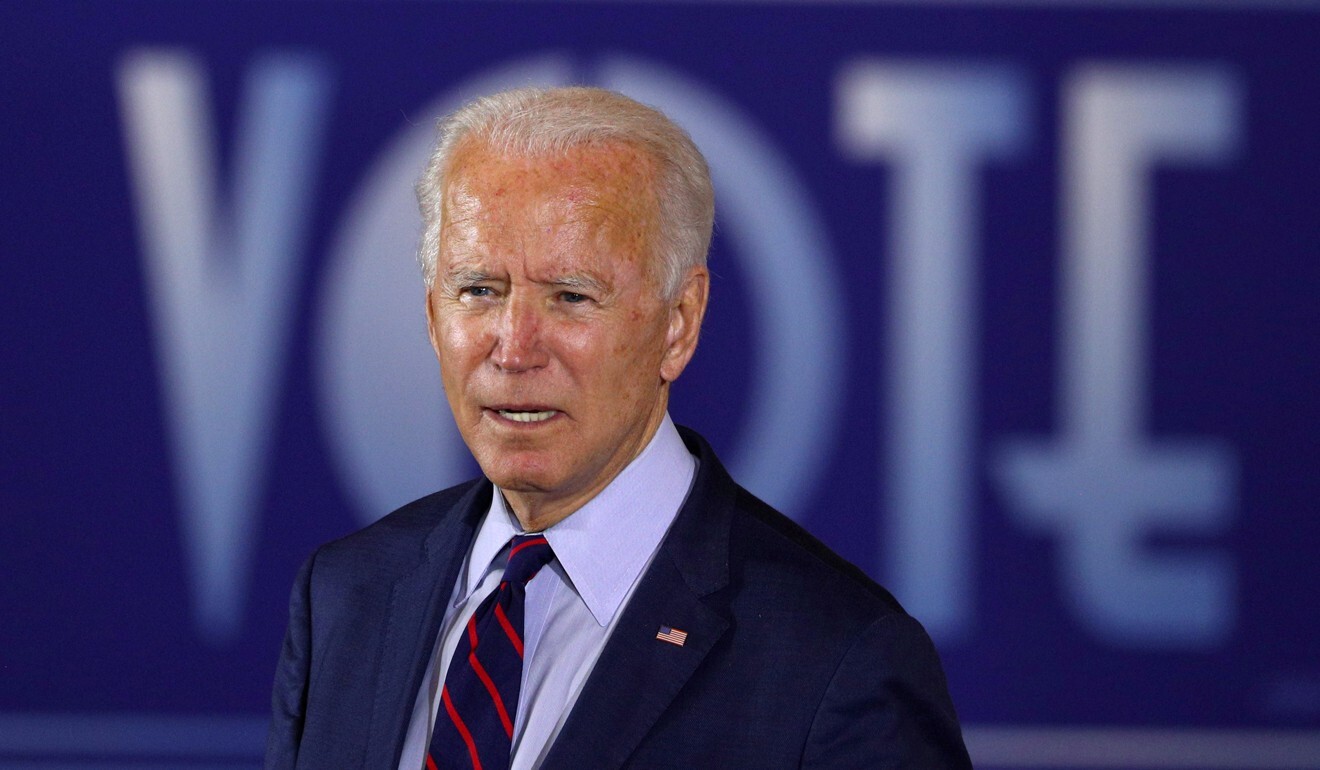
But authors of the report, which includes seven pages of detailed policy recommendations, played down that possibility. Trump is facing a tough battle with Democrat rival Joe Biden, they noted, and the rumours could be coming from Beijing, hoping to make the US look unpredictable – or even the administration, hoping to make Trump look tough on China.
“Nobody would be happier to have Donald Trump, when he‘s 11 points down in the polls, spend three days out of the country this close to the election than Joe Biden,” said Michael Green, CSIS vice-president and another author of the report. “I think it’s extremely unrealistic.”
But the attention the rumours have been given, even by serious mainland scholars, underscores how unpredictable Beijing considers the Trump administration to be, analysts said.
“If you‘re North Korea, being unpredictable is an asset. But if you’re the United States of America, it’s a liability,” said Green. “You don’t want China to think you just sell out Taiwan, but you also don’t want Beijing to think you would deliberately provoke a conflict using Taiwan as a pawn.”
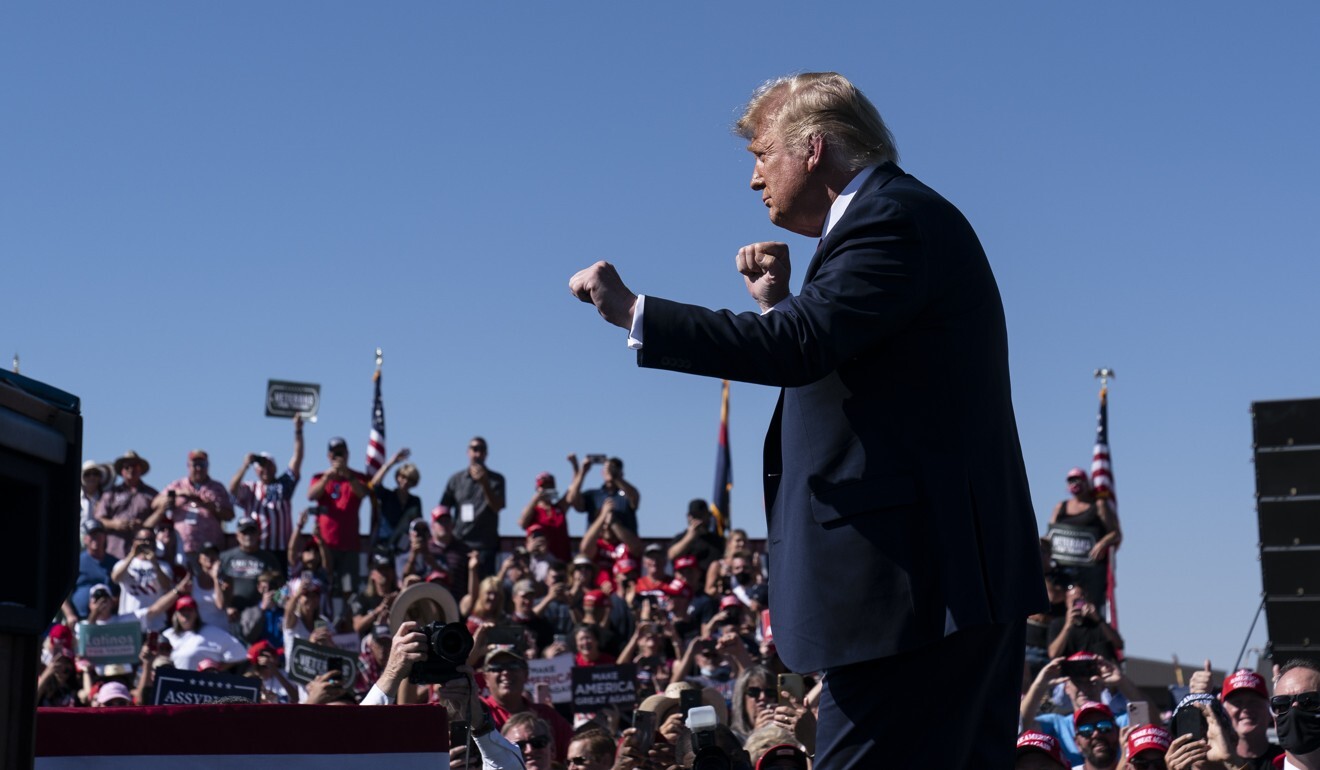
According to a Pew Research Centre poll released this month, 73 per cent of Americans view China negatively, up 13 percentage points from 2019 and up nearly 20 points since Trump took office in 2017, a trend mirrored in other advanced economies.
China considers Taiwan a renegade province, to be reunited by force if necessary. The 57-page CSIS report calls on Washington to strengthen ties with Taipei by forging a bilateral trade agreement, coordinating more closely on tech supply chains and bolstering the island’s ability to survive an attack by China.
Analysts said they saw little risk that the government of Chinese President Xi Jinping would invade Taiwan any time soon, given that amphibious attacks are complex and the People’s Liberation Army doesn’t yet have sufficient landing vessels.
A failed invasion also could be politically disastrous for Xi domestically, embroil China in a protracted guerilla war and badly hurt China’s global reputation.
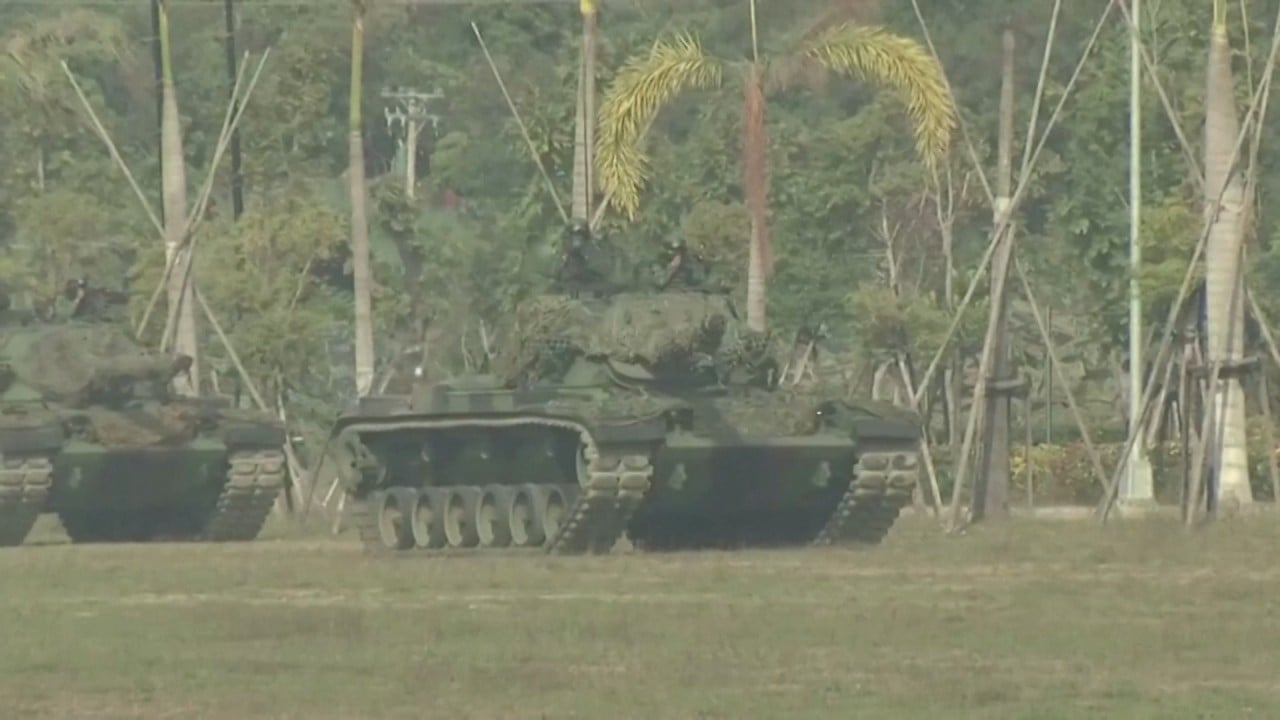
02:12
Taiwan unveils record defence budget as China stands firm on claim to island
“We need to appreciate how difficult it is to seize and hold Taiwan,” said Glaser. “The PLA force potentially could be involved in an insurgency in Taiwan, allowing the fact that the people of Taiwan, like the people of Hong Kong that protested, millions on the street, would actually stand up and fight to defend their democracy.”
It is more likely, analysts said, that Beijing continues to expand cyberwarfare, harassment by fishing boats and other asymmetric “grey zone” efforts against Taiwan.
The Chinese embassy in Washington did not respond to a request for comment. But on Monday in Beijing, Foreign Ministry spokesman Zhao Lijian said that China opposes trade talks between Taiwan and any country that has diplomatic relations with China. “Taiwan is an inalienable part of China‘s territory,” he added.
China strengthens coastal forces as it prepares for possible invasion of Taiwan
The CSIS Taiwan report included detailed recommendations for the next US administration on economics, defence and security issues; bilateral and multilateral diplomatic steps; and engagement with international organizations and Congress. It also called on Taiwan to strengthen its economy, military and democratic institutions to better resist encroachment from Beijing.
“If there’s a sense in Washington that Taiwan’s not willing to defend itself, then the US, you know, the political establishment, is not going to risk American lives,” said Green, adding that Taiwan seemed to be getting the message.
“It’s clear that they know it and that they are girding their loins and are doing more to be prepared.”
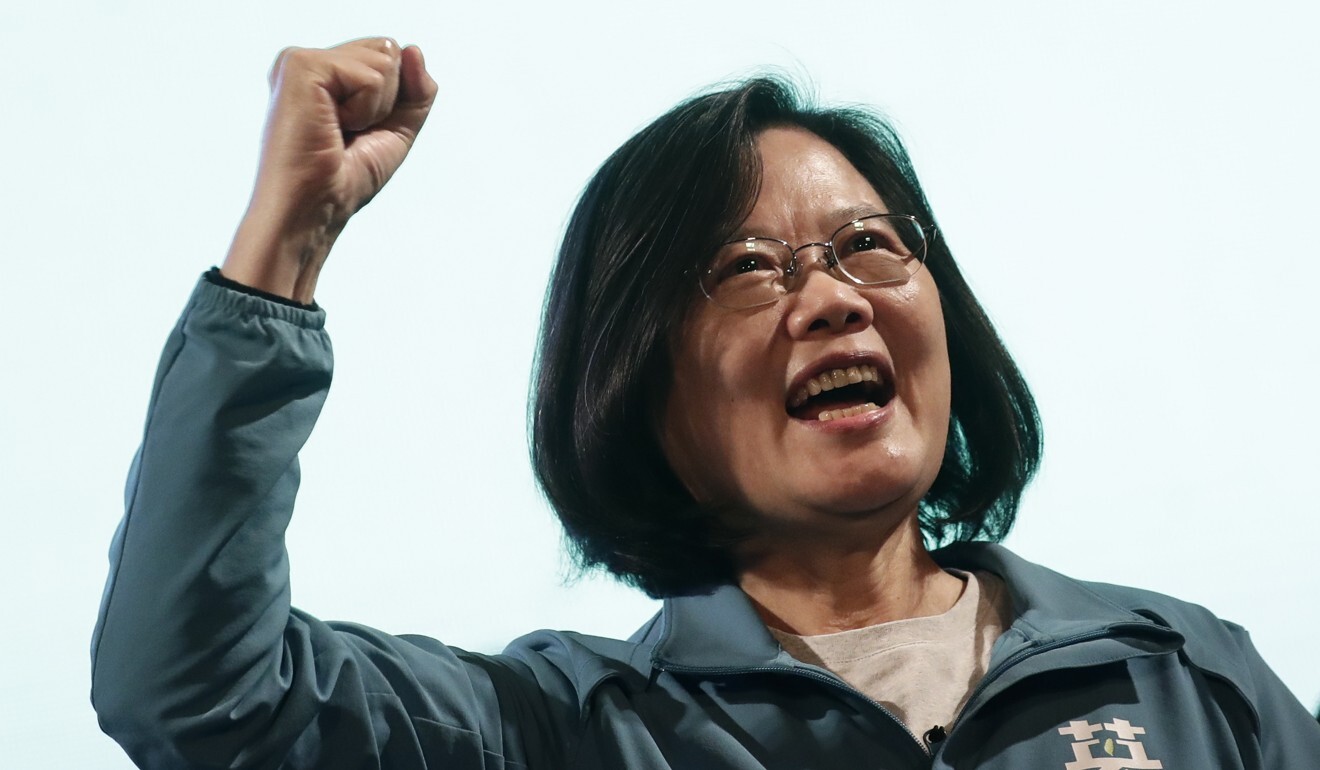
Others analysts said that a Biden administration was likely to face specific Taiwan challenges: forging a free-trade agreement with Taipei would be more difficult politically given its labour union supporters than for a business-focused Trump administration.
And any Biden administration support for Taiwan could wane if it seeks China’s cooperation on other priorities such as climate change, possibly leading Beijing to test its mettle.
“It’s more likely with Biden than Trump that China stages a military ‘test’ of US-Taiwan resolve,” said Robert Sutter, a professor of international relations at George Washington University. “This could be more dramatic than we‘ve seen recently.”
Others said any aggressive Chinese move might be directed more at unseating Taiwanese President Tsai Ing-wen, although Washington would inevitably be dragged into the fray.
“The PLA will do something short of an invasion, like an offshore island grab,” said Dan Blumenthal, Asian studies director at the conservative American Enterprise Institute. “The US, under Biden, under Trump, or during a transition, will find it very difficult to respond to that sort of action. But we will have to.”

